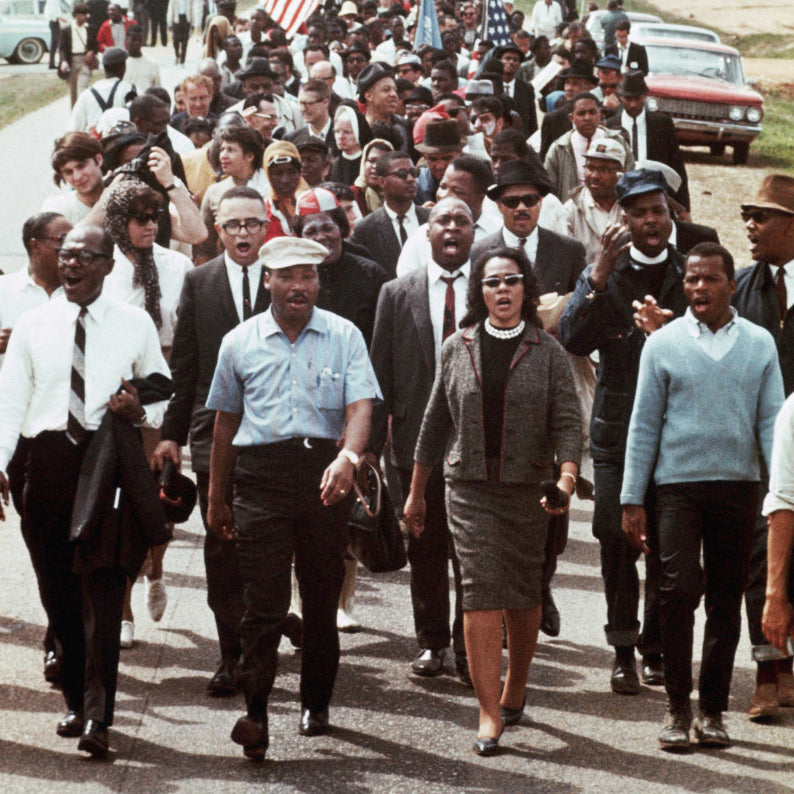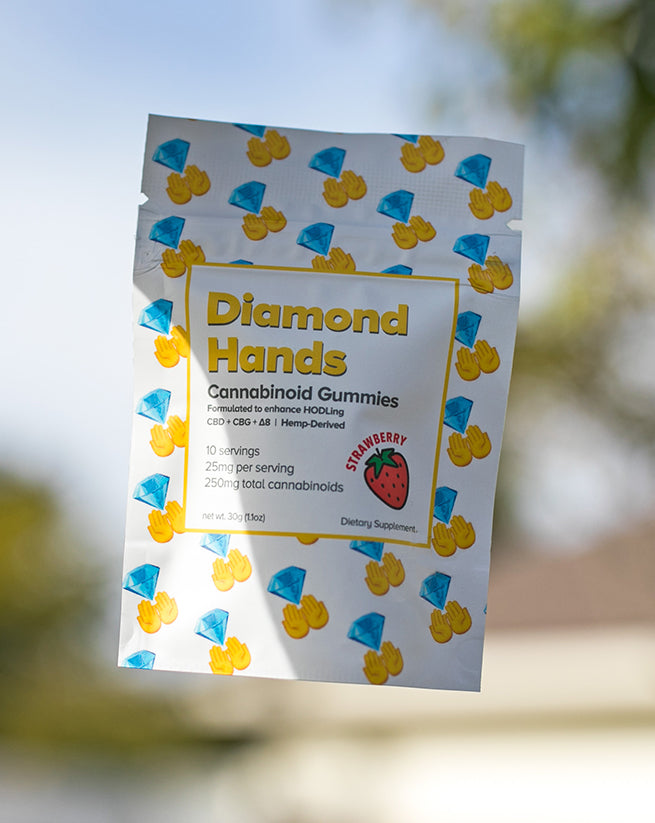As we are celebrating Martin Luther King Jr. Day, I can’t help but sit and reflect on the life, words, and lessons of Dr. King.
This quote feels fitting of the moment…
“If you can’t fly then run, if you can’t run then walk, if you can’t walk then crawl, but whatever you do, you have to keep moving forward.” - MLK, Jr.
In a world that can feel leaderless, where division seems easier than community, and threats to fundamental things like democracy and voting rights are real-life conversations, it’s easy to find despair and focus on what seems like endless challenges rather than finding our paths forward.
In these moments, Dr. King’s legacy is at the forefront of my mind.
Last year, we called on our community to honor with action and operate from love. Surely, the way we can honor Dr. King is action and we should always operate from love, but we can’t help but feel where we are.
We want to hold space for truth: your truth and the truth of our community.
This MLK Jr. Day we would love to meet you where you are with encouragement to find your path forward.
We’re not here for toxic positivity or pretending everything is ok. Right now, things just aren't ok. TBH we're feeling tired, sad, and a little angsty. And even in that expression of truth, we can look to Dr. King for inspiration.
He was met with adversity, he was threatened, and he was constantly on the defensive. Yet, he always kept going and moving forward.
As always, our community work starts with us which makes this year's MLK Day theme of "It Starts With Me: Shifting Priorities To Create The Beloved Community" so fitting.
Join us in celebrating Dr. King’s legacy today and in your way, keep moving forward.

So How Do We Keep Moving Forward...
Did you know that Martin Luther King Jr. Day is the only federal holiday that is also a national service day? DOsomething.org shares, the who, how and why of MLK Day and ideas for celebrating through service. The next portion of this post was sourced from DoSomething.org.
Who was Dr. Martin Luther King, Jr.?
Dr. Martin Luther King, Jr. is best known for his leadership during the American civil rights movement of the ‘50s and ‘60s (a wave of activism contesting racial segregation, discrimination, disenfranchisement, and injustice). From 1955 to 1968, Dr. King lead several efforts to eliminate Jim Crow laws and other forms of systemic racism that hindered the mobility of people of color in the US. From sit-ins to marches, Dr. King championed demonstrations that combined nonviolence with direct action.
Dr. King’s “I Have a Dream” speech from the 1963 March on Washington is one of his most celebrated. In it, Dr. King envisioned a world with equal justice for all people under the law. He went on to earn a Nobel Peace Prize and see the passing of the Civil Rights Act and the Voting Rights Act.
Towards the end of his life, Dr. King’s advocacy emphasized the importance of economic justice in the fight for equality and racial liberation. He was assassinated on April 4, 1968 in Memphis, where he was supporting Memphis sanitation workers in their strike for union recognition, better safety standards, and live-able wages.
How did MLK Day become a holiday?
Today, Dr. King’s contributions are pretty undeniable. We’re taught about Dr. King and the civil rights movement in school, and celebrating his legacy on MLK Day feels only natural. But this wasn’t always the case.
The creation of MLK Day was a hard-fought battle between Dr. King’s supporters and those who felt threatened by his advocacy. Calls for the holiday began shortly after Dr. King’s assassination in 1968, but it wasn’t until 1983 that Congress passed legislation making Dr. King’s birthday a federal holiday. This was thanks in large part to the work of Coretta Scott King and the King Center and Rep. John Conyers and the Congressional Black Caucus.
Then came the battle for MLK Day to be recognized at the state level, which included a stand-off between the NFL and the state of Arizona over their refusal to adopt the holiday. Southern states showed the most resistance, and some even tried combining MLK Day with celebrations for Confederate leaders. In 2000, all 50 states officially adopted MLK Day -- 32 years after it was first proposed.
Why does it matter?
MLK Day matters because it recognizes Dr. King’s legacy of service while inspiring us to serve in our own ways. A lot of the things Dr. King advocated for during his lifetime (racial justice, economic equality, affordable housing, labor rights, etc.) are issues we’re still trying to move forward in 2022. The protests of recent summers, for example, followed in the footsteps of the civil rights movement and leaders like Dr. King. The fight for justice is ongoing, and we can use this day to reflect on the work that Dr. King started and take responsibility for the work we still have left to do.
How can I celebrate MLK Day?
According to the Corporation for National and Community Service (CNCS), MLK Day is the only federal holiday designated as a national day of service, and Americans are encouraged to spend this day volunteering to improve their communities.
Here are some ways you can participate:
1. Learn about and discuss Dr. King’s life and teachings. The King Institute's Liberation Curriculum is a great place to get started. Don't forget to include younger folx!
2. Do an act of community service. Any act of service can build community. Clean up your street, reach out to neighbors that have been isolated through the pandemic, or volunteer at your local shelter.
3. Educate yourself on systemic barriers. Read about the racial wealth and income gap in the US and the 12 key federal policies that have contributed to it.
4. Protect existing civil rights. Consider donating to the Social Impact Center to help them promote community, educational equality, economic justice, and expand their mental health resources.
Community Care Above All Else
When times feel especially challenging, leaning into community, acts of service, and caring to make a change can keep us all finding our paths forward.
Like Dr. King said, "faith is taking the step, even when you don't see the whole staircase." Today, we celebrate and find hope in the legacy of Dr. Martin Luther King Jr.







